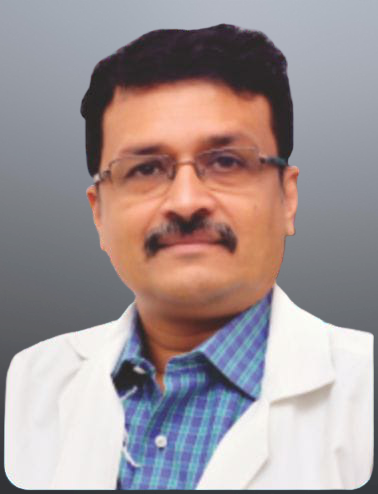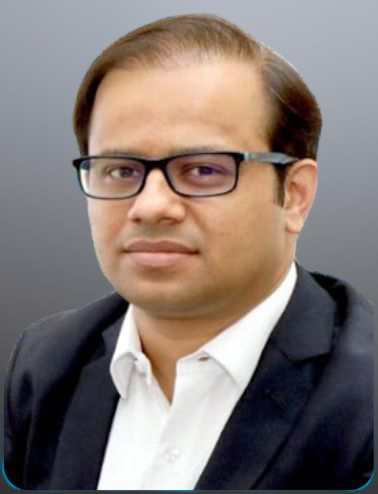Treatments Available Under Neurology:
Here are some of the best surgeries and treatments under neurology available at Apollo Hospitals in Indore:
1. Deep Brain Stimulation (DBS): Implanting electrodes in specific brain areas to regulate abnormal electrical signals associated with movement disorders.
2. Carotid endarterectomy: Remove plaque buildup from the carotid arteries in the neck to prevent strokes.
3. Lumbar puncture: Inserting a needle between two lower vertebrae to collect cerebrospinal fluid for analysis.
4. Botox injections: Botulinum toxin injections to treat various neurological conditions such as dystonia (muscle spasms), chronic migraines, and spasticity caused by conditions like cerebral palsy.
5. Electroencephalogram (EEG): Measures electrical activity in the brain and helps diagnose conditions like epilepsy, sleep disorders, and encephalopathy.
Services and Facilities Available at Apollo Hospitals in Indore:
-
Comprehensive diagnostic services, including advanced imaging techniques like MRI, CT scan, and PET-CT.
-
Dedicated neurointensive care unit for post-operative care and management of critical neurological conditions.
-
Rehabilitation services.
-
Multidisciplinary approach involving collaboration between neurologists, neurosurgeons, physiotherapists, psychologists, and others.
Advanced Technology and Equipment at Apollo Hospitals in Indore:
Apollo Hospitals in Indore houses advanced MRI machines, high-resolution CT scanners, EEG machines, electromyography (EMG) equipment, and neurosurgical instruments. This advanced technology enables precise diagnosis and minimally invasive procedures whenever possible.
Best Neurologists in Indore:
At Apollo Hospitals in Indore, highly experienced neurologists have undergone specialised training in renowned institutions. These accomplished neuro physicians in Indore possess a deep understanding of various neurological disorders and are adept at providing personalised care to patients. With their expertise, patients can expect comprehensive evaluation, appropriate medical interventions, timely follow-ups, and compassionate support throughout their healthcare journey.
If you or your loved ones are experiencing symptoms related to neurological conditions or require specialised treatment for such disorders in Indore, Apollo Hospitals is your top choice. With its range of services and facilities coupled with advanced technology available under one roof along with the best neurologist doctors in Indore, Apollo Hospitals is committed to delivering exceptional healthcare to its patients.











